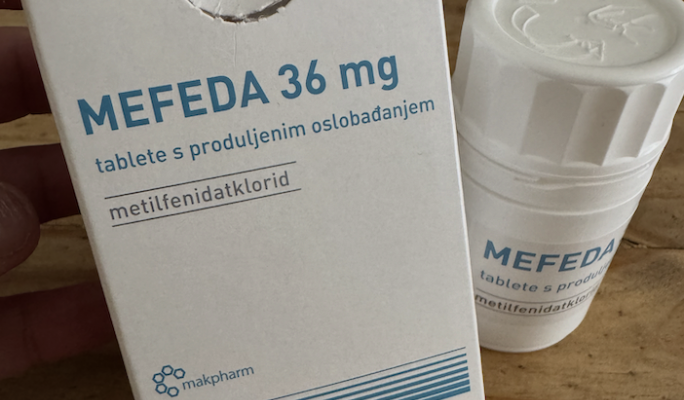Summary
Patients with ADHD, receiving free medication from the government, are unable to know the side effects since product leaflets are not in English, MaltaToday has learnt
Source: MaltaToday

AI News Q&A (Free Content)
Q1: What are the main concerns raised about ADHD medication information being available only in Croatian for patients in Malta?
A1: The primary concern is that patients receiving ADHD medication for free through the government program cannot access the side effects information in English, as the product leaflets are exclusively in Croatian. This situation has led to difficulties for patients in understanding the side effects of medications like Mefeda, which is crucial for safe usage.
Q2: How is the government in Malta planning to address the issue of language barriers in ADHD medication leaflets?
A2: The Maltese government plans to launch a mobile application that will allow patients to access the medication literature in their preferred language. However, this solution may not fully address the needs of those who are not technologically adept or who prefer printed leaflets.
Q3: What is the impact of the global shortage of ADHD medications on patients in Malta?
A3: The global shortage has led to limited availability and choice of ADHD medications in Malta, adversely affecting the treatment and well-being of individuals with ADHD. This shortage poses serious challenges, as noted by local psychiatrists.
Q4: What are some key findings from the study on mothers' perceptions of ADHD in Saudi Arabia?
A4: The study found that 47% of mothers had poor knowledge of ADHD, but 74.2% had a positive attitude towards the condition. The most common concern was the fear of medication side effects (39.4%). The study emphasized the importance of addressing mothers' perceptions to improve treatment outcomes for children with ADHD.
Q5: Why is it important to have medication information available in multiple languages, particularly in the context of ADHD treatment?
A5: Having medication information available in multiple languages ensures that patients can fully understand the potential side effects and proper usage of medications, which is vital for safe treatment and adherence. Language barriers can lead to misunderstanding and misuse of medications, potentially causing harm.
Q6: What are some of the challenges faced by patients who cannot access ADHD medication information in their native language?
A6: Patients face challenges such as not being fully informed about medication side effects, which can lead to misuse or discontinuation. Additionally, it can cause anxiety or mistrust in the medication's efficacy and safety, hindering effective treatment.
Q7: How can healthcare providers improve the dissemination of medication information to overcome language barriers?
A7: Healthcare providers can improve dissemination by ensuring that medication leaflets are translated into multiple languages and providing digital resources like apps and websites. They can also conduct awareness campaigns and educational sessions to equip patients with the necessary information for safe medication use.
References:
- Saudi mothers' perception of their children with attention-deficit hyperactivity disorder in Dammam, Al-Qatif, and Al-Khobar cities, Saudi Arabia.




